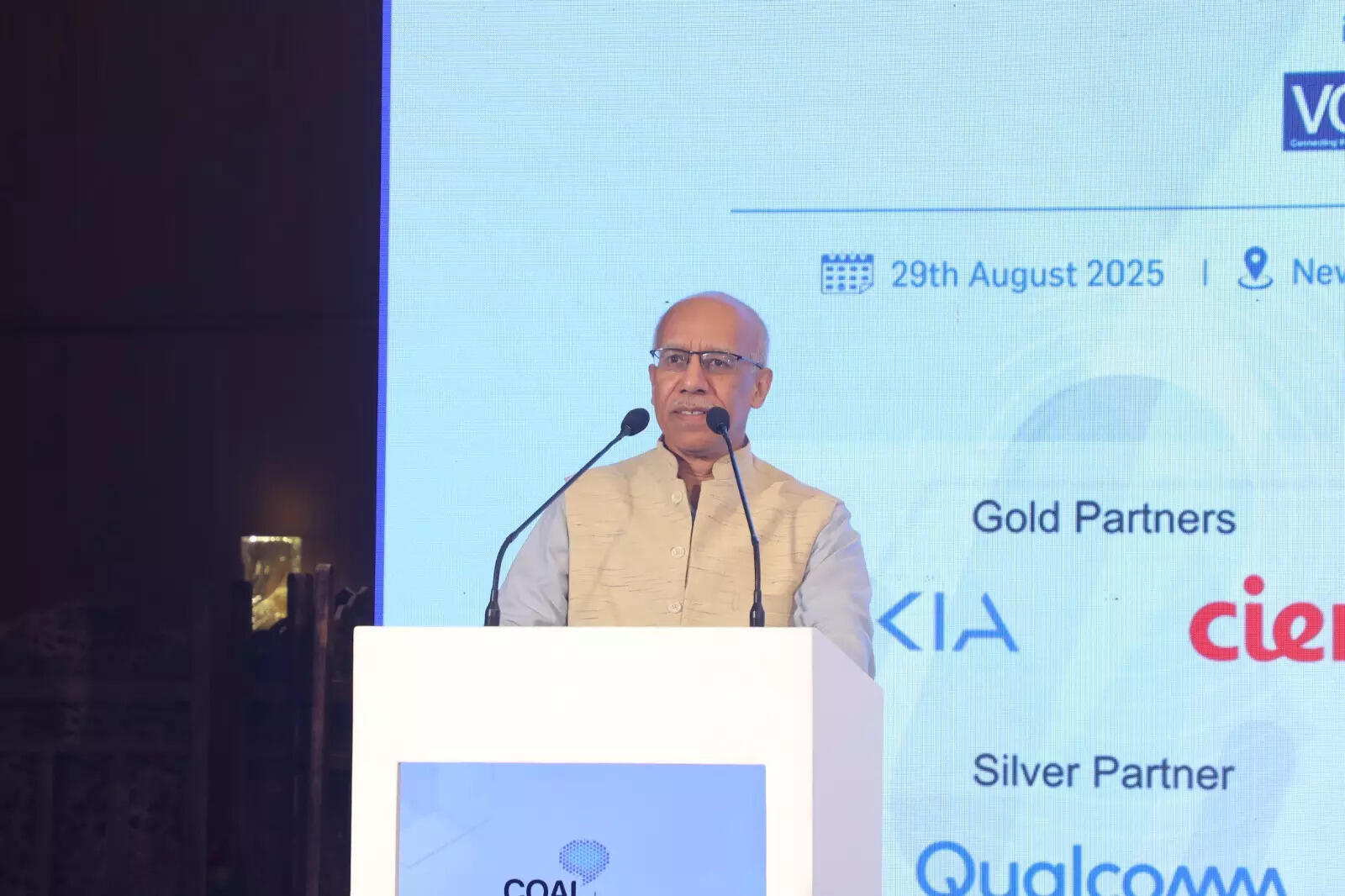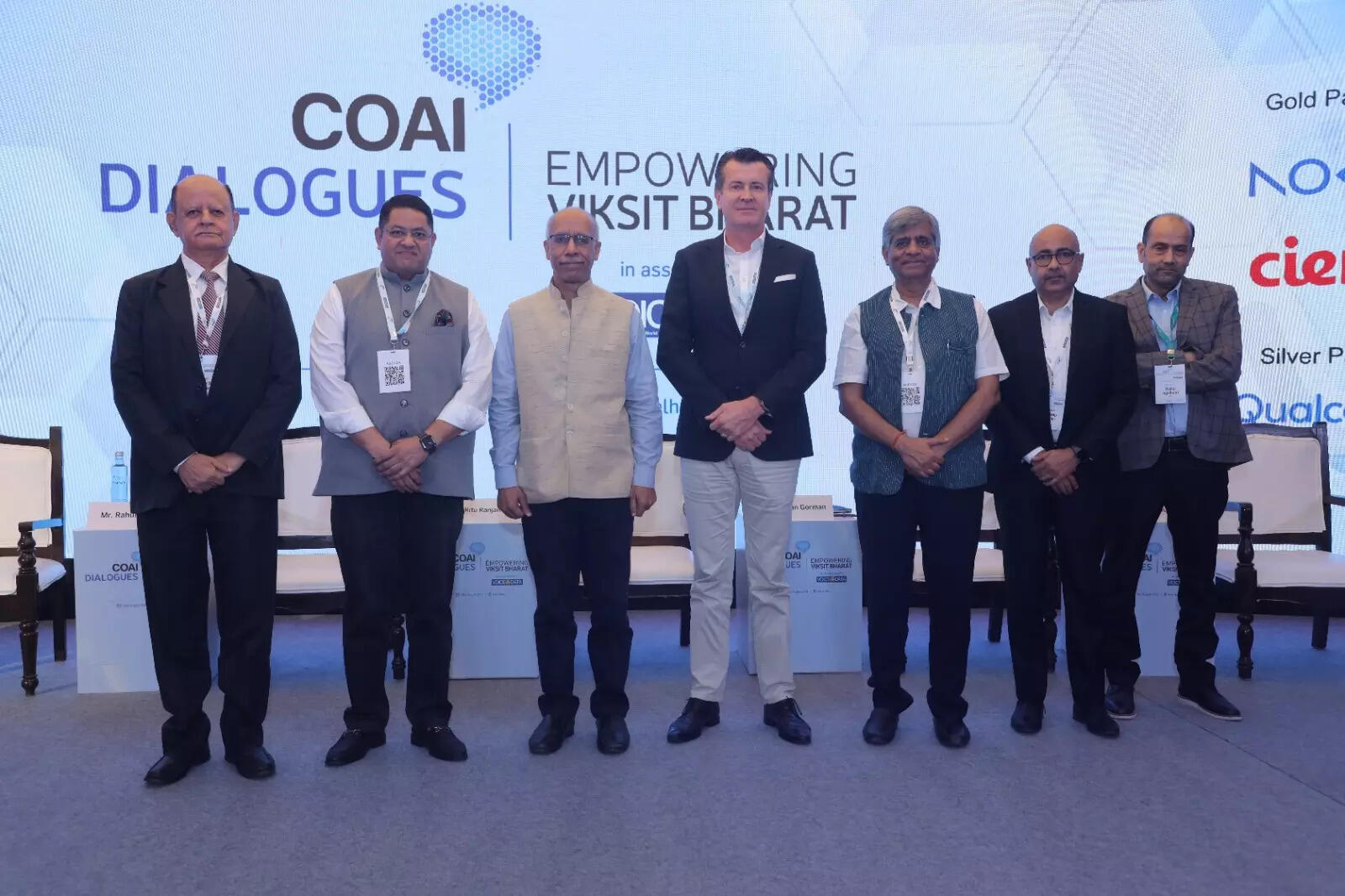
The Telecom Regulatory Authority of India (TRAI), for the first time, is considering coming up with a scheme to support providing second-hand gadgets such as laptops and mobile phones to consumers in a bid to boost digital adoption in the country, a senior official said on Friday.
“One of the things that TRAI is thinking is systemising, or having a scheme wherein the second-hand handsets and laptops could really reach the consumers who can’t really afford a fresh one. It is in early stages, but this is one of our discussions,” Ritu Ranjan Mittar, member, TRAI, said at an event organised by telco industry body Cellular Operators Association India (COAI).
The UK and Vodafone Group Plc, according to the official, have initiatives and schemes for refurbished devices to promote digital inclusion.
According to market reports, India has over 650 million smartphone users, while the feature phone user base is approximately 200-250 million, a figure that is decreasing year-on-year amid the rise in sales of affordable 4G and 5G devices.
The Central government has lately been driving the penetration of citizen-centric services and e-governance through various initiatives.
“It will be good for India to have that (kind of scheme) for digital inclusion. We had feature phones, then we had smartphones, then we will have AI (artificial intelligence)-enabled phones, so we must collectively also work towards addressing the trust issues,” Mittar said.
The senior official informed that the consultation process for backhaul spectrum has concluded, and the TRAI is working on the next measures.
Additionally, the telecom watchdog is considering overhauling the interconnect regulations and will float a consultation process soon on this matter. “We know that interconnect regulations are old, and with the new network developments, especially IP-based networks all over, we are working on that. The consultation paper should be out in another two to three weeks,” Mittar said.
Rahul Vatts, chief regulatory officer, Bharti Airtel, separately said digital frauds have emerged as a key area of concern for the central government, the telecom carriers, and various regulators. “It’s also a time for us to ponder whether only the telcos, policymakers, the government, and regulators can address the situation, because there is a large ecosystem now that also needs to be addressed,” he added.
The top Airtel executive noted that financial transactions encompass telco networks and stakeholders in the broader digital ecosystem, and there is a need to include every entity in addressing safety concerns. “We need to have a debate on how do we ensure that the entire ecosystem is somehow involved in addressing the safety concerns, and not just a few people.”
Presently, several government ministries, departments and agencies are leading initiatives on a war-footing to reduce the misuse of telecom resources in committing financial scams and frauds. As per a recent Ministry of Home Affairs statement, so far, more than 9.42 lakh SIM cards and 2.63 lakh IMEIs, reported by police authorities, have been blocked by government of India.
“As our economies and societies move online, so do the risks, the threats of sophisticated scams, malicious cyber attacks and widespread data breaches. These are not just technical issues but they are threats to the very fabric of public and confidence. Every citizen must feel safe, secure and confident in the digital world. Eroding this trust risks reversing the incredible gains made in digital inclusion,” said Julian Gorman, head of Asia Pacific (APAC) at GSMA.
“Protecting digital trust cannot be an afterthought. It must be a shared, collaborative and urgent mission for every single person. It requires a partnership, a whole-of-government and a whole-of-industry approach to build a digital ecosystem that is not only powerful, but also safe and resilient for all,” Gorman said.
The GSMA executive although cautioned that government obligations that create unfair compliance, overhead and disproportionately burden on network operators alone is not sustainable as it distorts responsibilities, and will solely not preserve trust. “Consultation, collaboration and co-creation are the key to a safe and secure digital trust world,” Gorman said.


